


On his birth centenary, the legacy of former Prime Minister Atal Bihari Vajpayee continues to be a cornerstone of Indian politics. Known for his impeccable oratory skills and innate democratic spirit, Vajpayee was a key figure in the BJP's rise to power and the formation of a stable coalition government. Despite facing criticism from right wing organizations for not pushing their agendas, Vajpayee's firm leadership and good governance policies earned him respect and affection from across the political spectrum. From navigating national crises to implementing major infrastructure projects, Vajpayee left an indelible mark on Indian politics.
Atal Bihari Vajpayee: A Cornerstone of Indian Politics
On his birth centenary, the legacy of former Prime Minister Atal Bihari Vajpayee looms large over Indian politics. Known for his eloquence, democratic values, and decisive leadership, Vajpayee played a pivotal role in the rise of the Bharatiya Janata Party (BJP) and the establishment of a stable coalition government.
Early Life and Career
Vajpayee was born on December 25, 1924, in Gwalior, Madhya Pradesh. He began his political career as a member of the Bharatiya Jana Sangh in 1951. As a parliamentarian, he made his mark as a fiery orator and a proponent of right-wing ideology.
Rise to Power
In 1977, Vajpayee became the Minister of External Affairs under the Janata Party government. His diplomatic skills and articulation of India's strategic interests earned him recognition at the international level.
In 1980, Vajpayee was elected President of the BJP. Under his leadership, the party emerged as a formidable force in Indian politics. In 1998, the BJP formed a coalition government, with Vajpayee becoming Prime Minister.
Major Policies and Achievements
As Prime Minister, Vajpayee implemented a number of significant policies, including:
Legacy
Vajpayee's legacy is one of leadership, diplomacy, and consensus-building. Despite facing criticism from hardline right-wing elements, he maintained a moderate and inclusive approach to governance. He earned respect from both within and outside India for his unwavering commitment to democracy and his ability to bridge political divides.
Top 5 FAQs Related to Atal Bihari Vajpayee
Q1: What was Atal Bihari Vajpayee's political ideology? A1: Right-wing nationalist
Q2: What was Vajpayee's role in the India-Pakistan conflict? A2: He made efforts to improve relations, including the Lahore Declaration in 1999.
Q3: What were Vajpayee's major economic policies? A3: He liberalized the economy and implemented market-oriented reforms.
Q4: Why was Vajpayee criticized by some right-wing organizations? A4: He was seen as too moderate and not sufficiently supportive of their agendas.
Q5: How is Vajpayee remembered today? A5: As a respected and influential statesman who left a lasting mark on Indian politics.
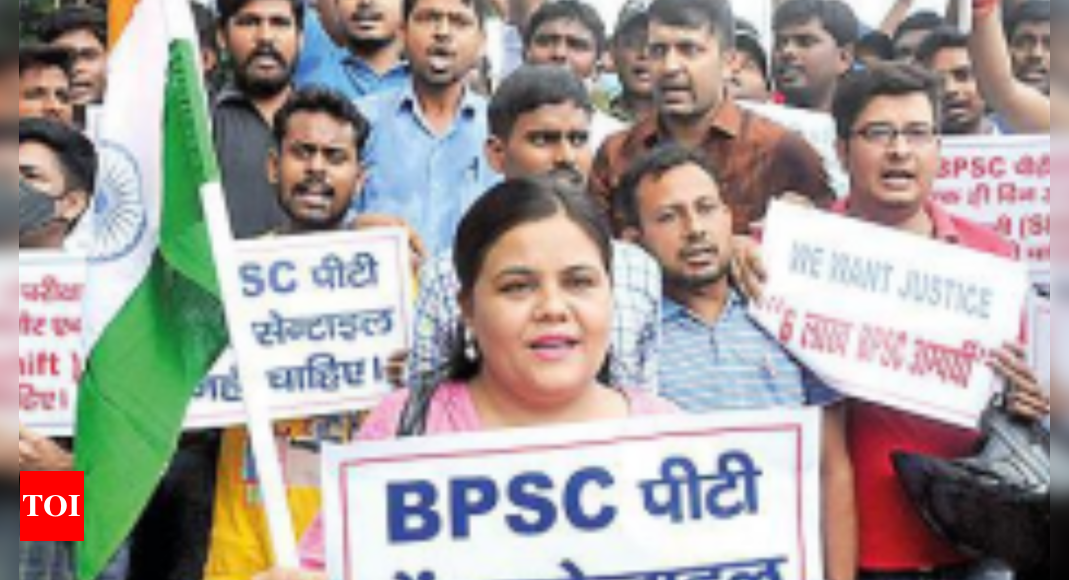
Aspirants of the Bihar Public Service Commission (BPSC) have been protesting for eight days now, demanding a re-examination of the 70th BPSC exam. Independent MP Pappu Yadav has joined the protest and appealed to opposition MPs and MLAs to show their support. YouTuber and educator Faisal Khan, known as Khan Sir, has also joined the protest and urged the BPSC to consider the plight of the students. The BPSC aspirants have previously met Bihar BJP President Dilip Jaiswal and have also protested against changes in the exam pattern and the normalisation process.
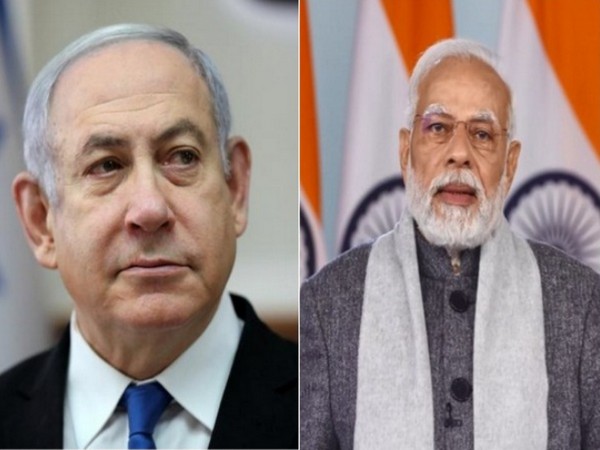
Indian Prime Minister Narendra Modi and President Droupadi Murmu wished Israeli Prime Minister Benjamin Netanyahu and the global Jewish community a happy Hanukkah, a festival that celebrates hope and freedom. In his message posted on X in English and Hebrew, PM Modi expressed his hope that the radiance of Hanukkah would bring peace, strength, and hope to everyone's lives. President Murmu also extended her warmest greetings to Israel President Isaac Herzog on this auspicious occasion.
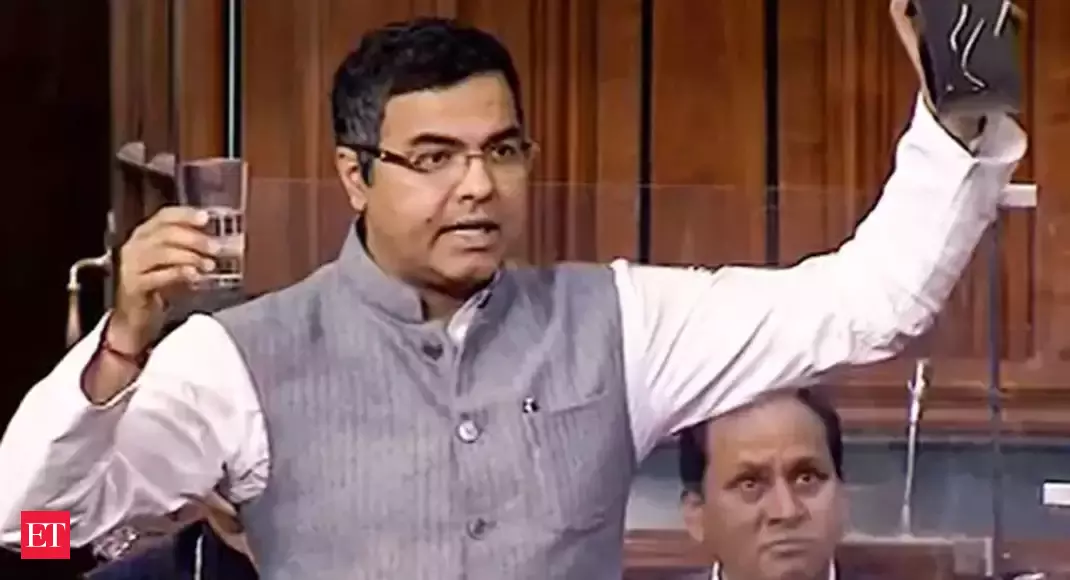
Delhi CM Arvind Kejriwal has accused the BJP of planning to declare Parvesh Verma as its chief ministerial face for the upcoming Delhi Assembly Elections. This comes amid a heated political battle between AAP and BJP, with Kejriwal claiming that the BJP is upset with the successful schemes launched by his party and is resorting to distributing money to sway voters. The authenticity of these claims has been debated, with Kejriwal challenging Delhi MP Bansuri Swaraj to resign if these accusations are found to be false.

Uttarakhand Chief Minister Pushkar Singh Dhami visited Madhya Pradesh to extend his greetings to CM Mohan Yadav on the completion of one year in office. Dhami, along with Yadav, inaugurated the renovated Lakha Banjara Lake and laid the foundation stone for various public welfare projects in the Bundelkhand region. Dhami praised the progress of the region under Yadav's leadership and also mentioned the upcoming visit of PM Narendra Modi to lay the foundation of the Ken-Betwa river interlinking project.

Government leaders from across the country came together in Delhi at a special ceremony to pay their respects to former Prime Minister Atal Bihari Vajpayee on his 100th birth anniversary. CM Chandrababu Naidu praised Vajpayee's leadership and his significant contributions to India's development, stating that his vision and ideas will always be remembered. Vajpayee, who passed away in 2018, was known for his leadership and important role in shaping India's future.
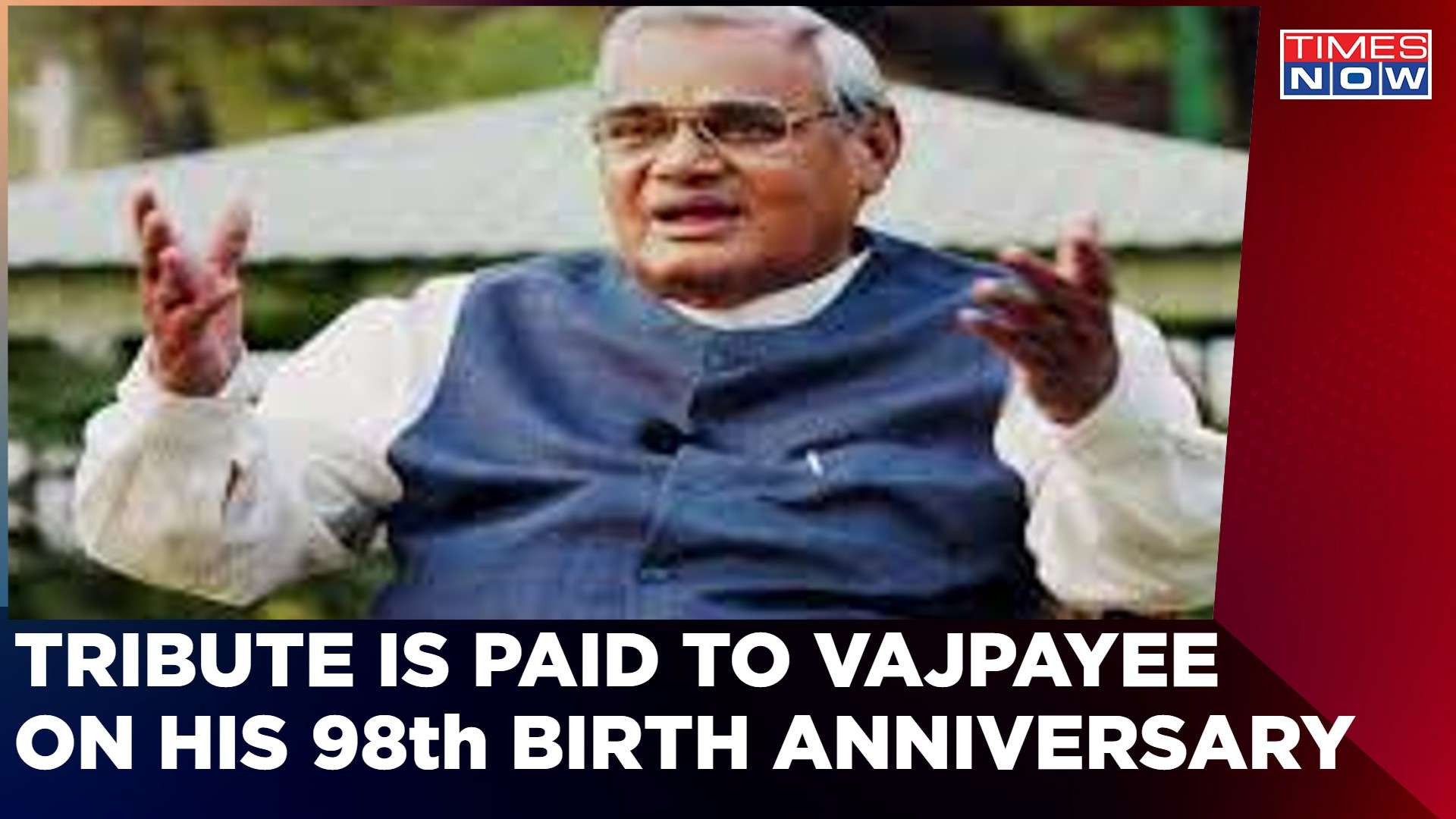
On the 100th birth anniversary of former Prime Minister Atal Bihari Vajpayee, Prime Minister Narendra Modi paid homage to the late political leader for his remarkable contributions to India's progress and transformation. PM Modi highlighted Vajpayee's achievements, including the Golden Quadrilateral project, nuclear tests, and his dedication to strengthening democracy and the Constitution. He also recalled the challenges India faced before Vajpayee took office in 1998, emphasizing the significant impact of his leadership on the country.
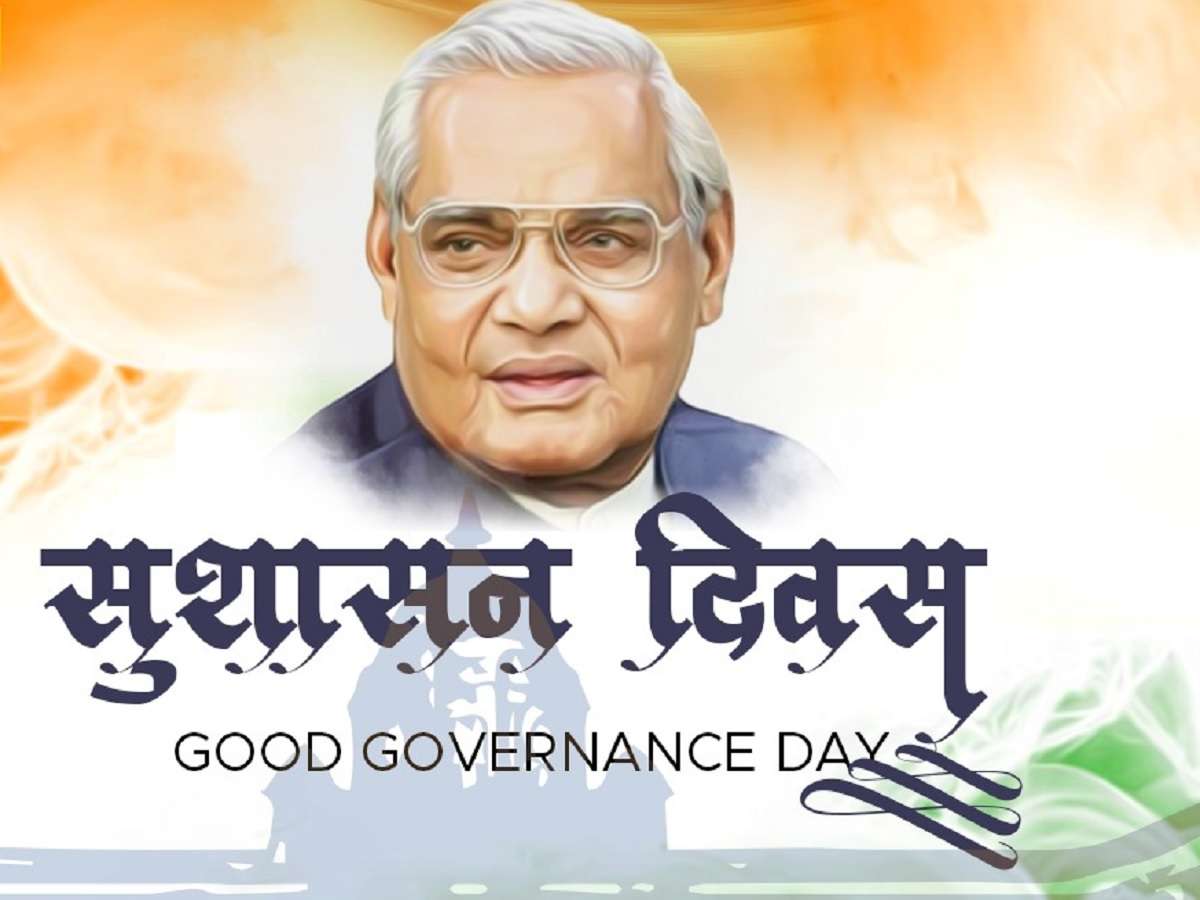
In 2024, India will observe Sushasan Diwas or Good Governance Day, which celebrates the birth anniversary of former Prime Minister Atal Bihari Vajpayee. This day aims to raise awareness about government accountability and administration while promoting good governance practices among Indian civil servants. As a poet-politician, Vajpayee's contributions during his tenure saw the implementation of initiatives like Kisan Credit Card, Pradhan Mantri Gram Sadak Yojana, and Sarva Shiksha Abhiyan. This year, the theme for the celebrations is "India's Path to a Viksit Bharat: Empowering Citizens through Good Governance and Digitalisation," highlighting the importance of active participation from both the public and government for a better India.
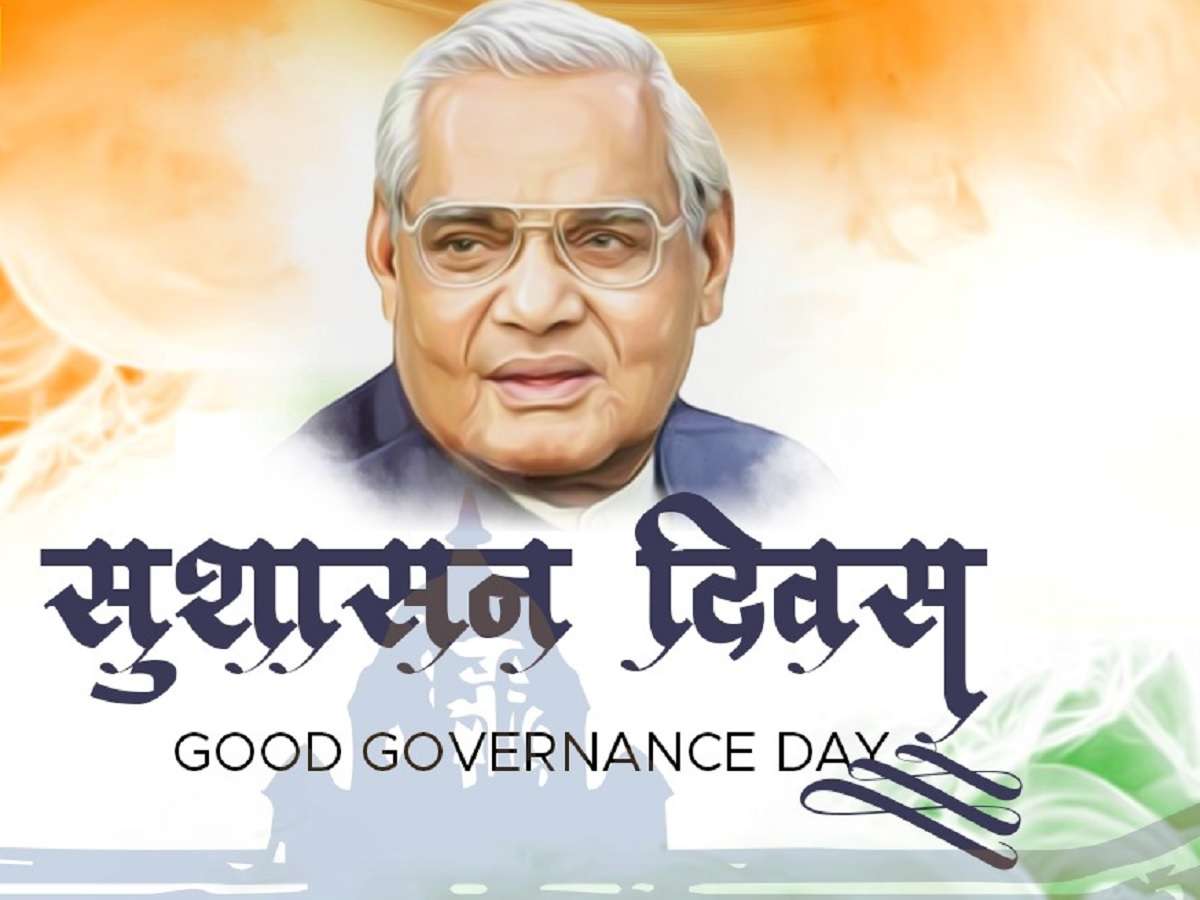
As India celebrates its 100th Good Governance Day on December 25, the country honors former Prime Minister Atal Bihari Vajpayee's contributions to responsible governance. With initiatives such as the Ken-Betwa River Linking Project and Atal Gram Sushasan Buildings, Vajpayee laid the foundation for transformational reforms in rural development. Prime Minister Narendra Modi's upcoming visit to Khajuraho on the occasion will unveil a series of development projects and initiatives in Vajpayee's honor.

On December 25, the birth anniversary of former Prime Minister Atal Bihari Vajpayee, the Indian government observes Good Governance Day as a way to honour his leadership and services to society. The day serves as a reminder of the responsibilities and roles of the government in providing equitable treatment and services to its citizens, bridging the gap between them and fostering active engagement. Since its establishment in 2014, Good Governance Day has been annually observed to promote transparent and effective governance in the country.